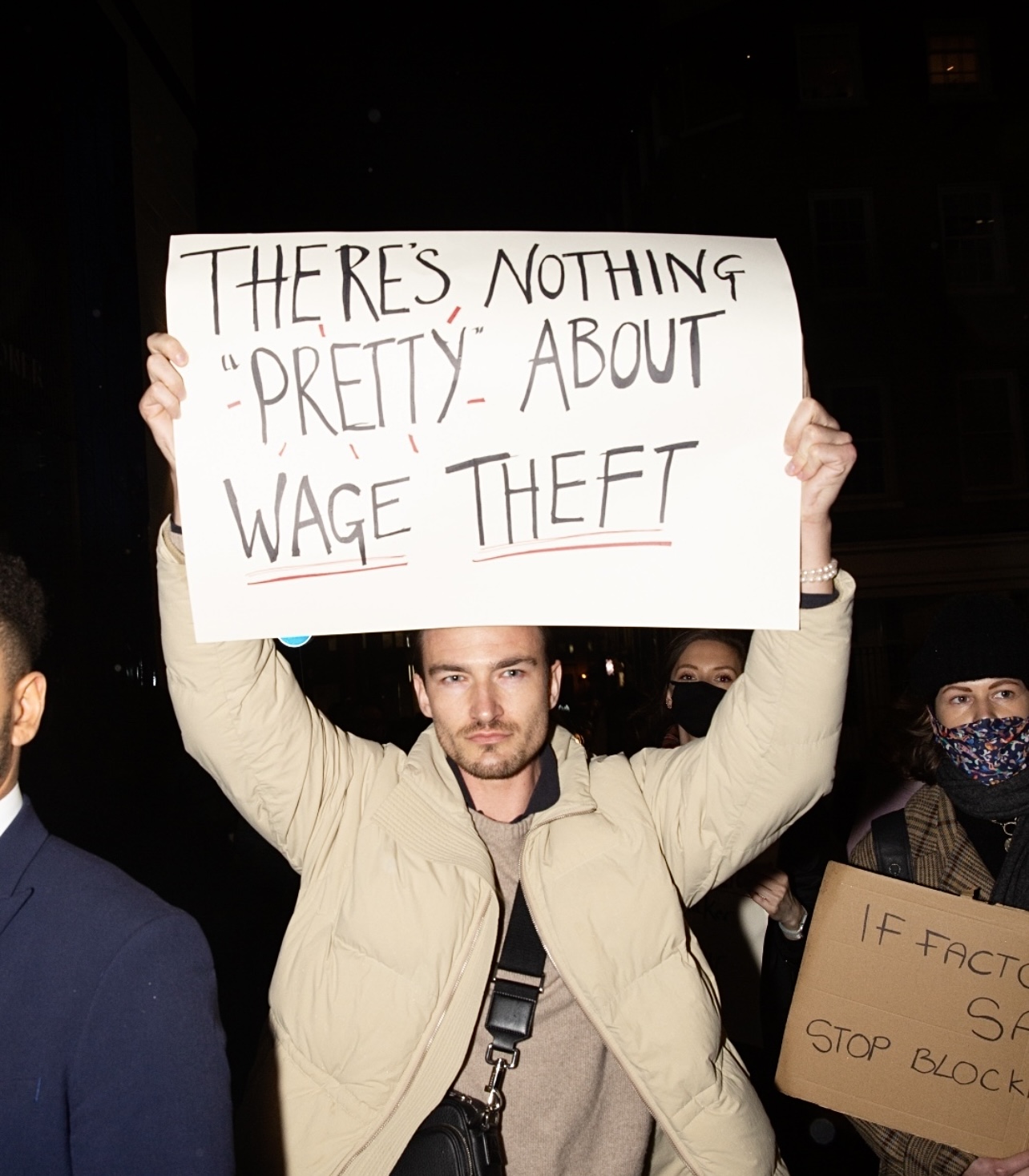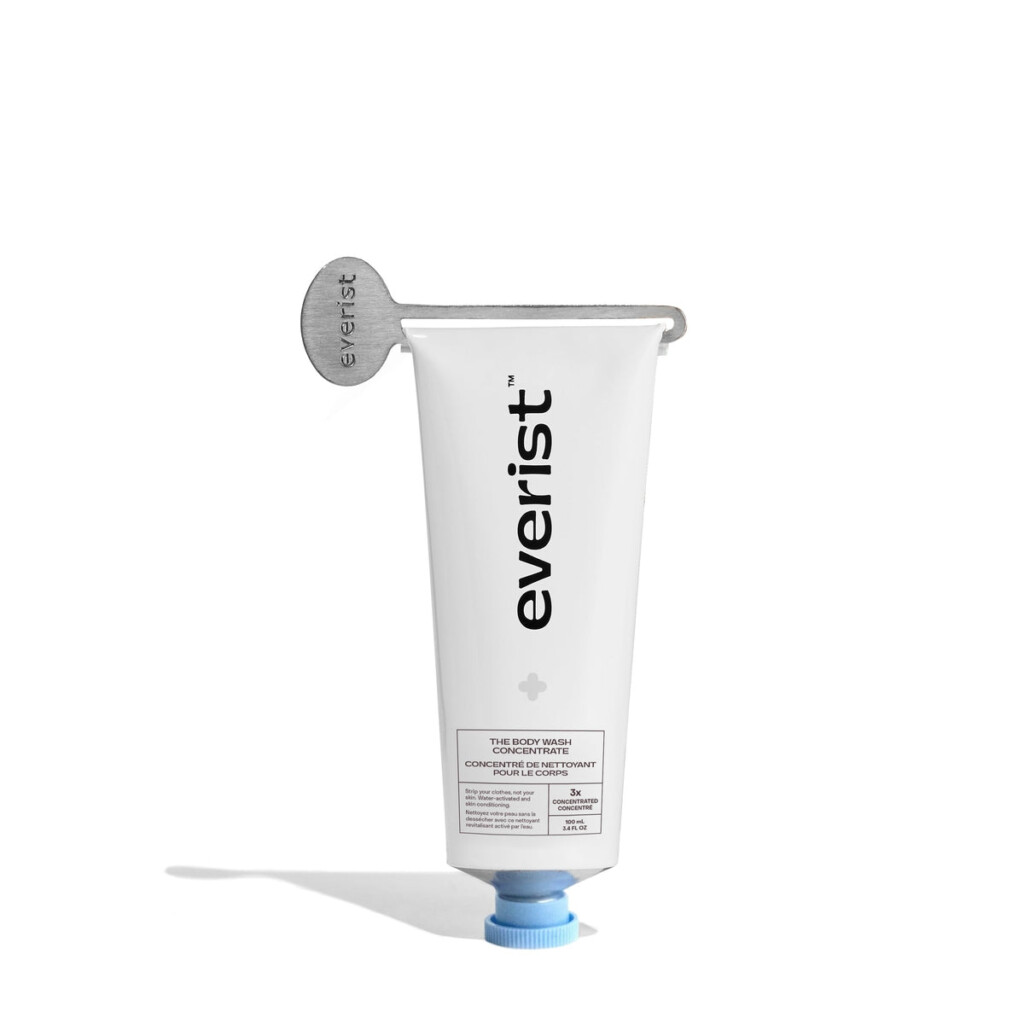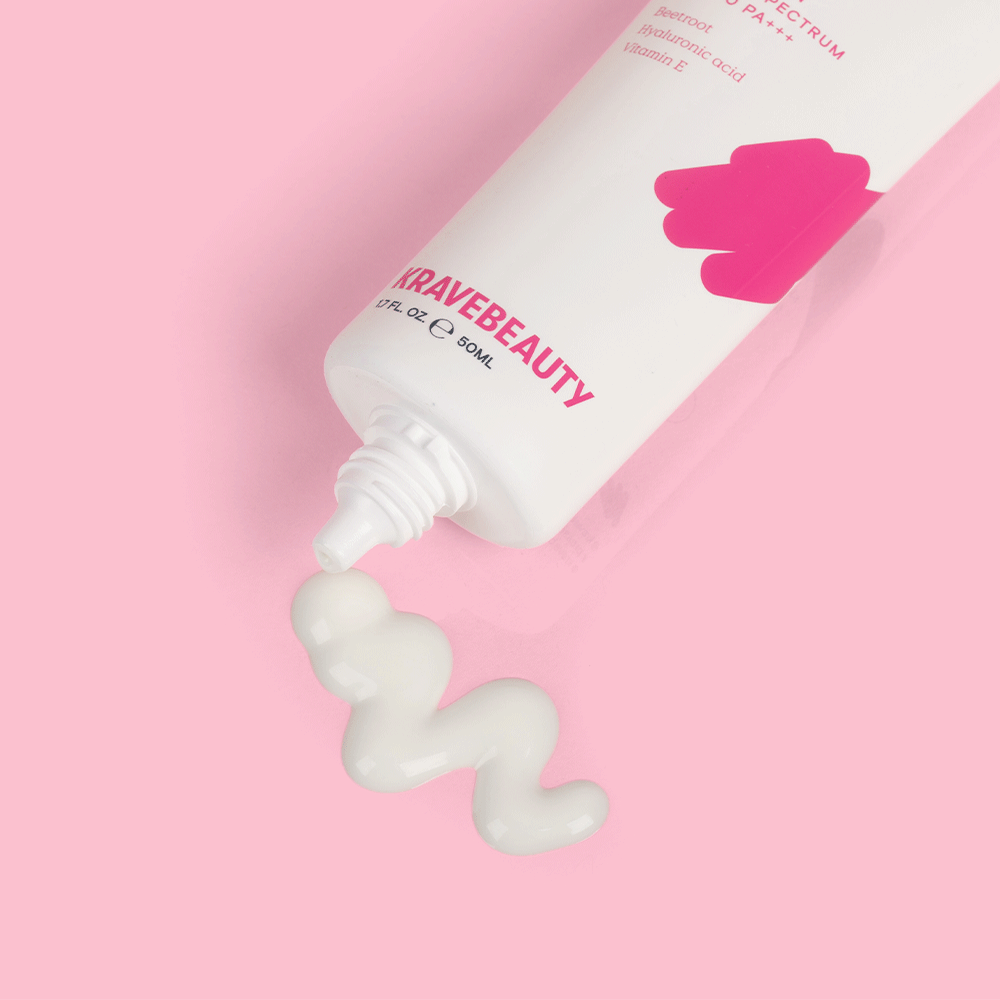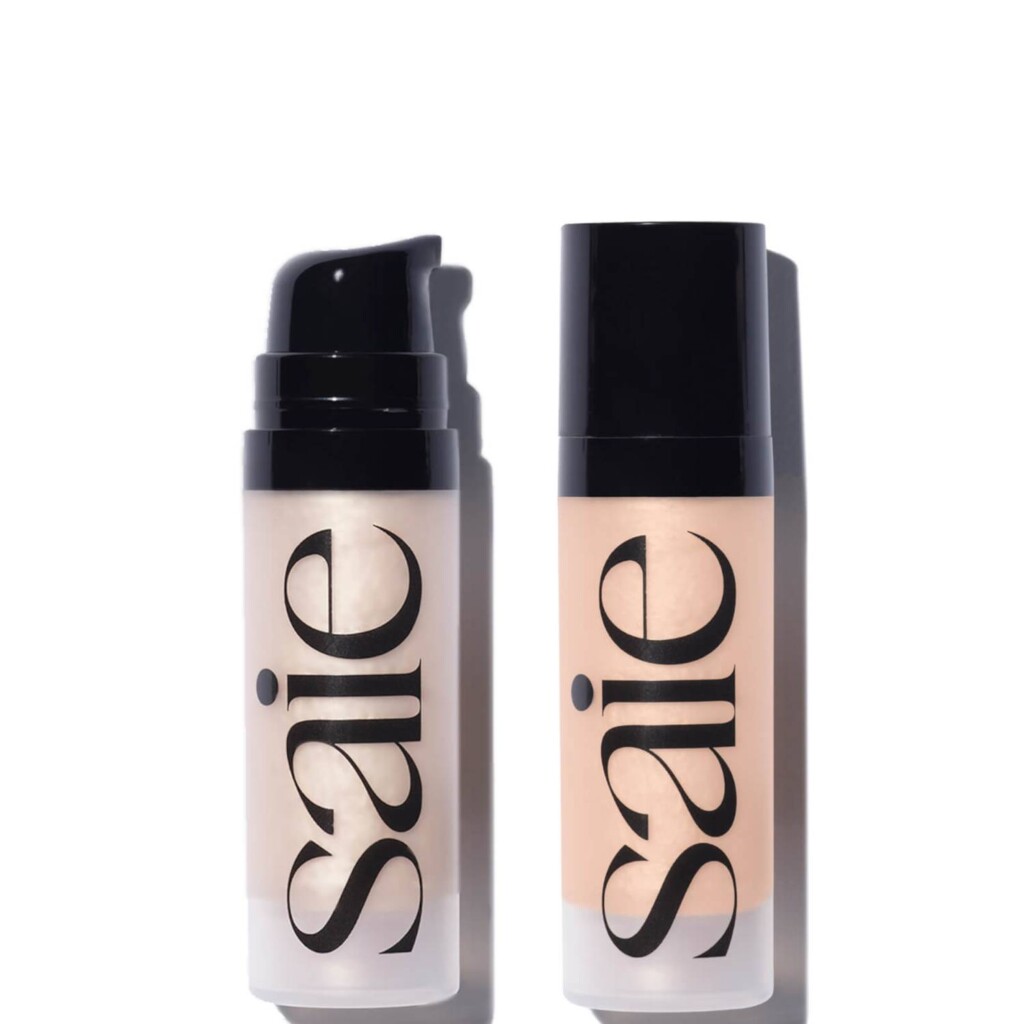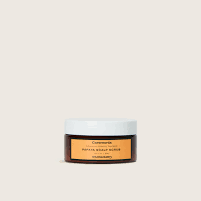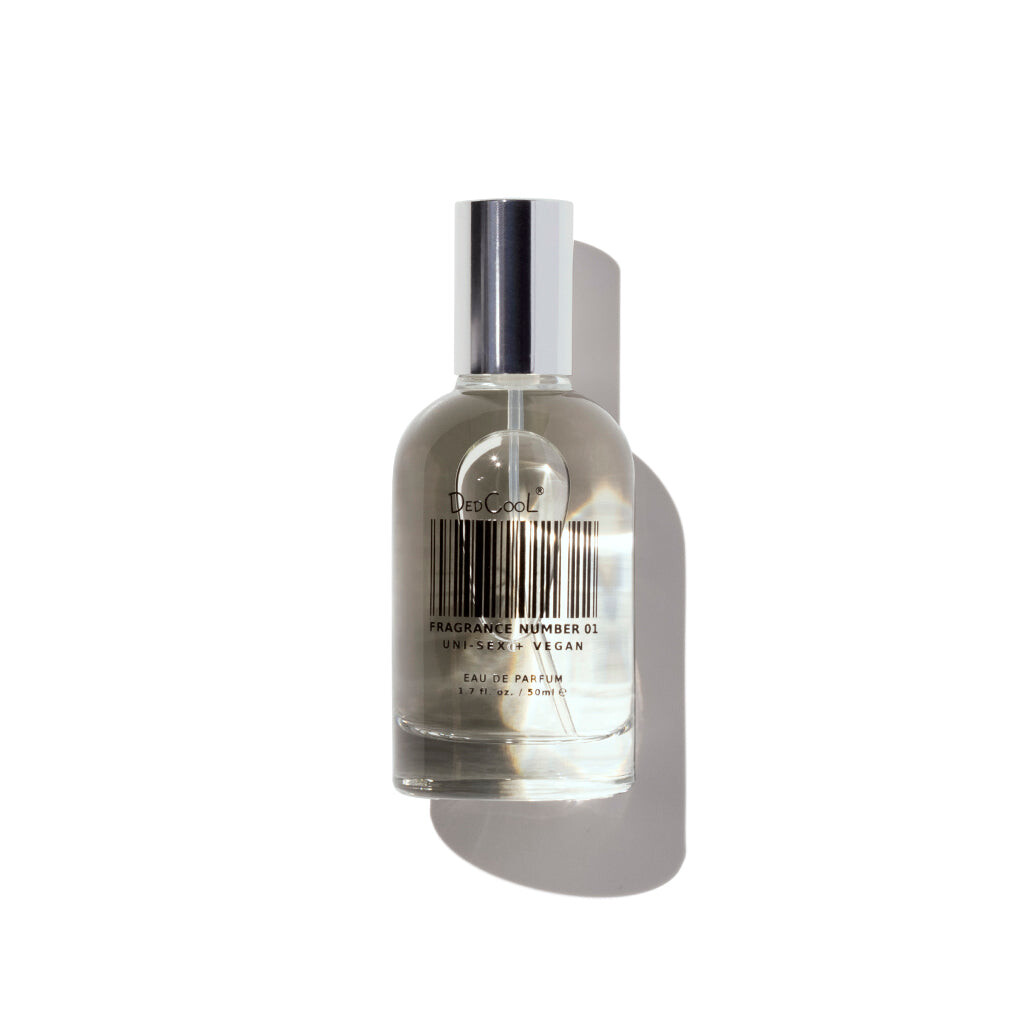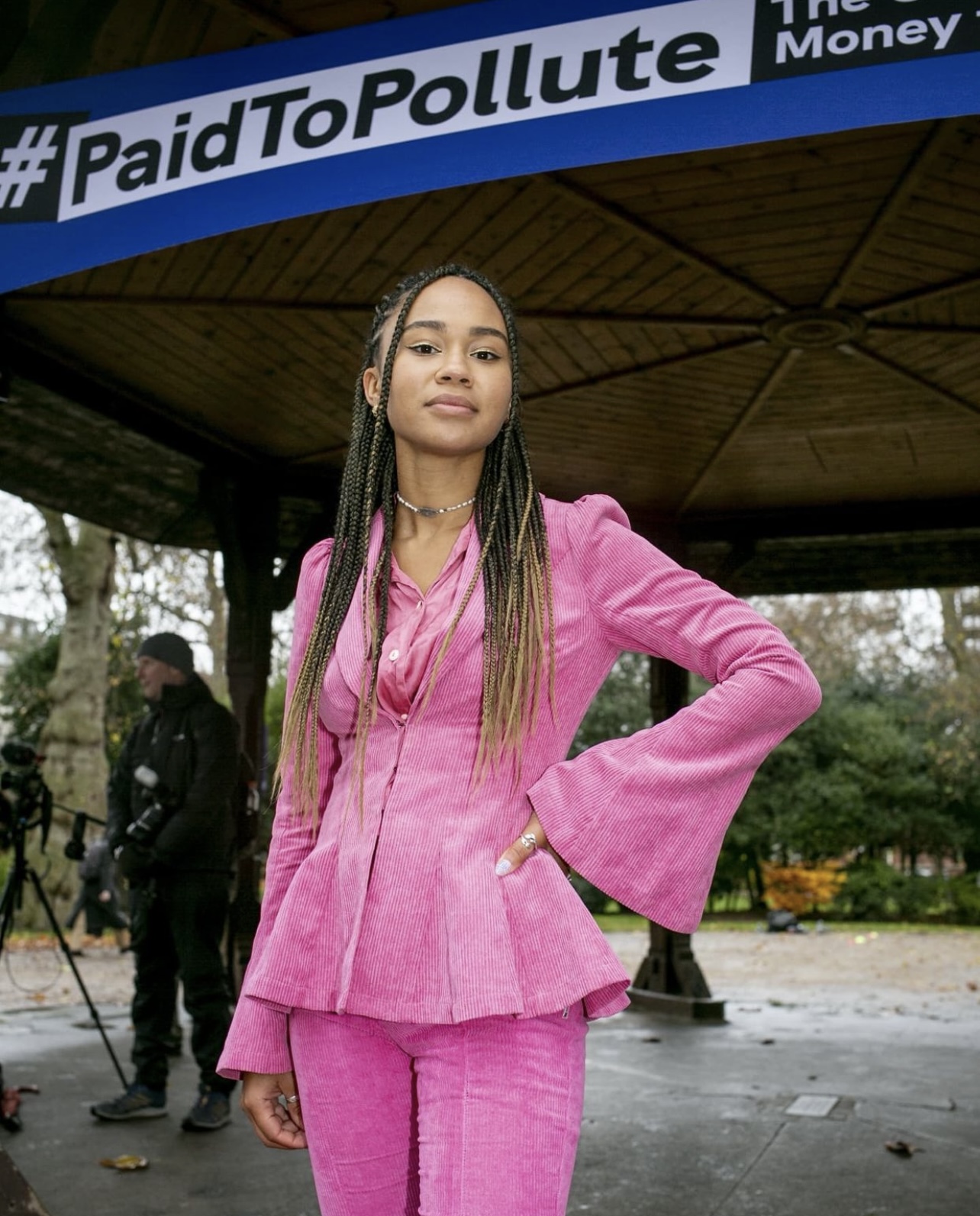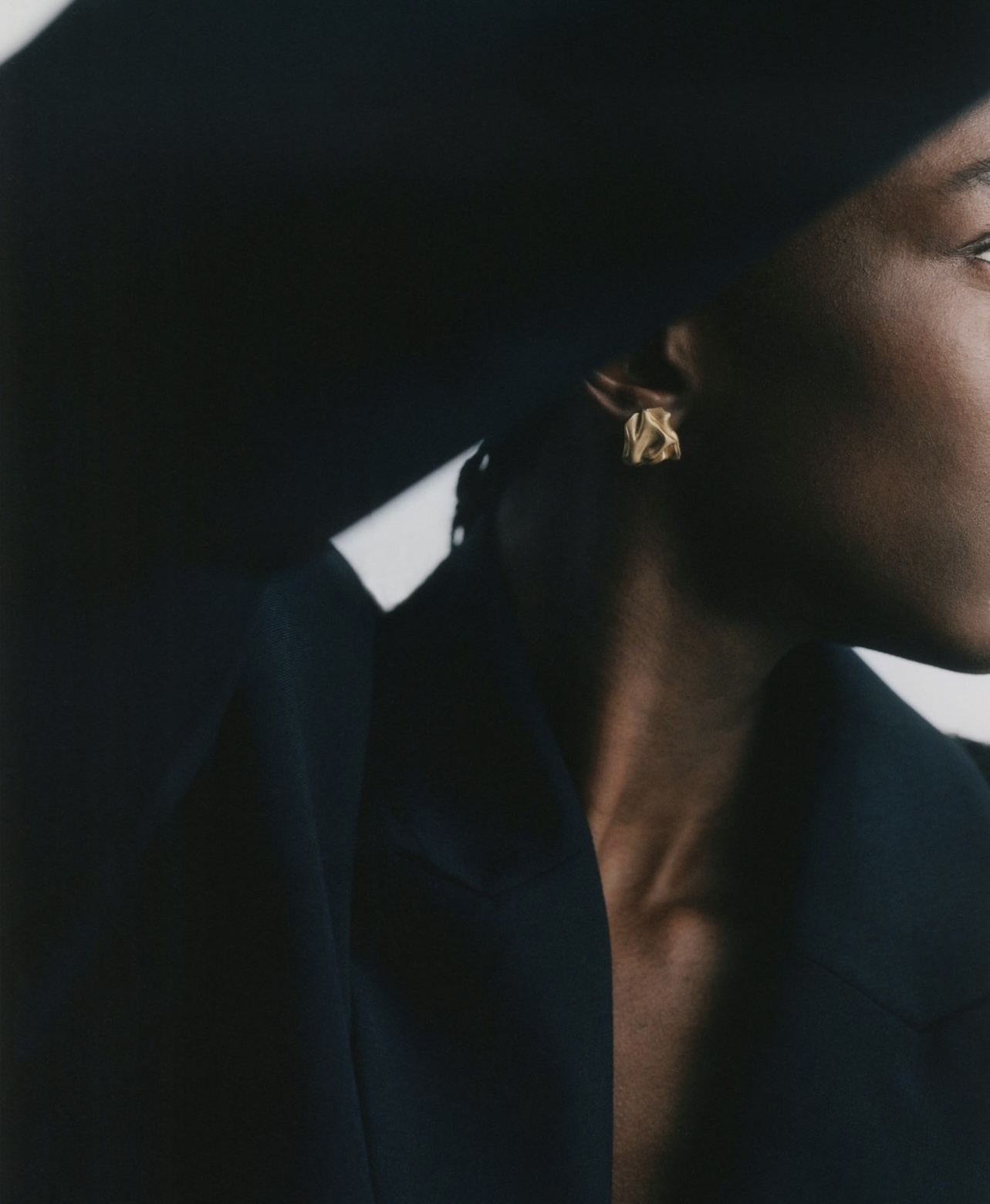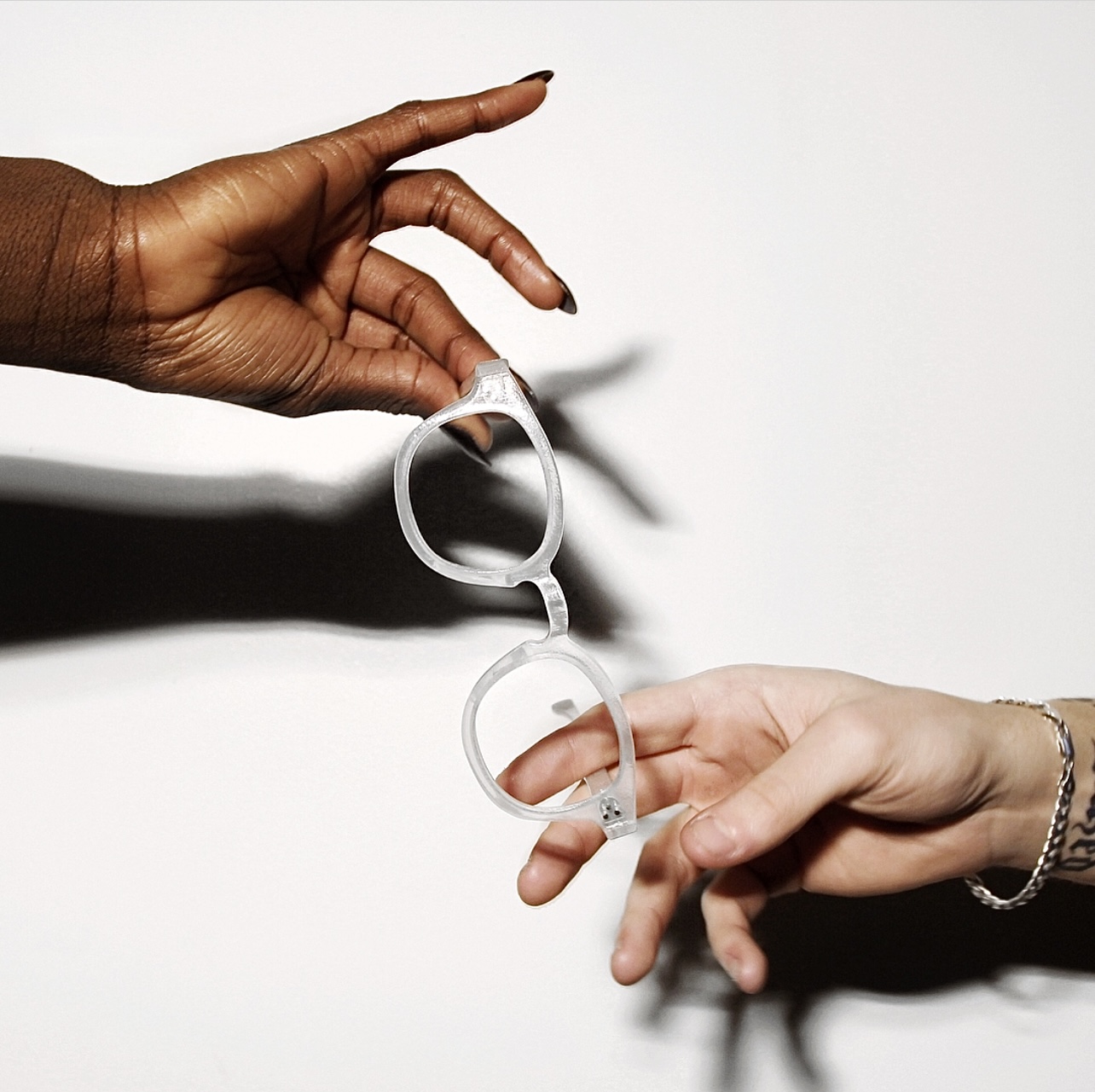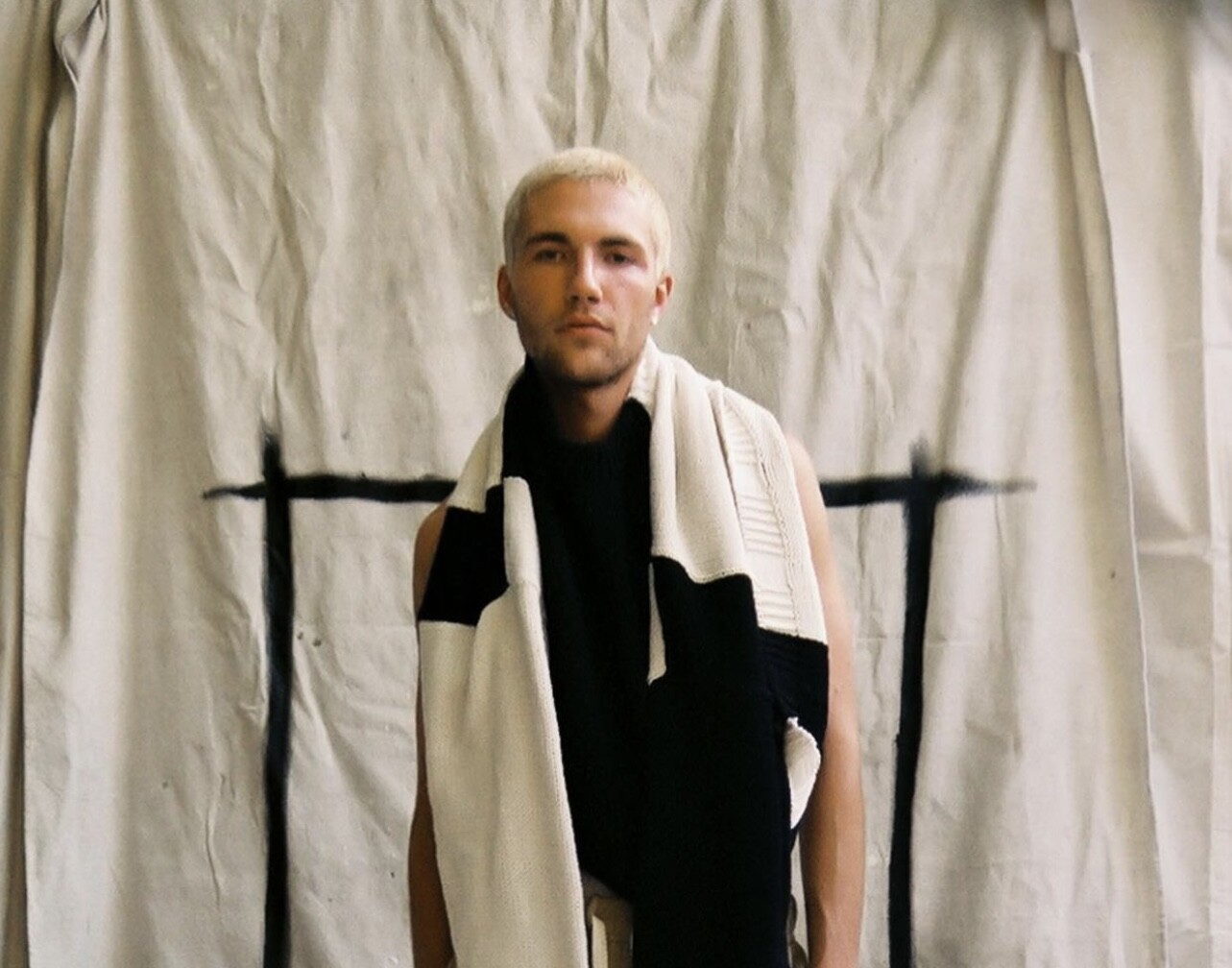the unwash • sustainability
It’s easy to demonize fast fashion. It’s an industry causing more than just environmental destruction. Fast fashion thrives off of unethical practices – exploiting workers with dangerous conditions and next-to-nothing wages, preying on consumers, and being a significant player in the environmental crisis.
What’s the big deal with fast fashion anyways? What’s the solution? The landscape for trend cycles has significantly changed over the past decade. Trends are in and out in a matter of weeks, driving consumer demand to get the next best thing as quickly as possible. Fashion isn’t the only place we see this. Still, it is a major polluter – accounting for approximately 4.8% of global carbon emissions as of 2015. Using cheap materials has a cost. Similar to plastic water bottles, most of these textiles don’t break down. You’d think the majority of waste in fashion is caused by consumers throwing a product out after a certain amount of time. Much of the waste from this industry is from products that never end up in the consumers’ hands. Eventually, these materials go full circle and make their way back to us through microplastics in our water systems or the methane and carbon dioxide leaking into the atmosphere from the 92 billion tons of textile waste in landfills.
The environmental concern is only a small piece of the puzzle. Fast fashion may be low-cost for the consumer, but someone is paying the price at the end of the day. Exploitation and, often, human rights violations are at the core of the fast fashion industry. Garment workers are underpaid and subject to harsh work environments, regardless of where your product is manufactured.
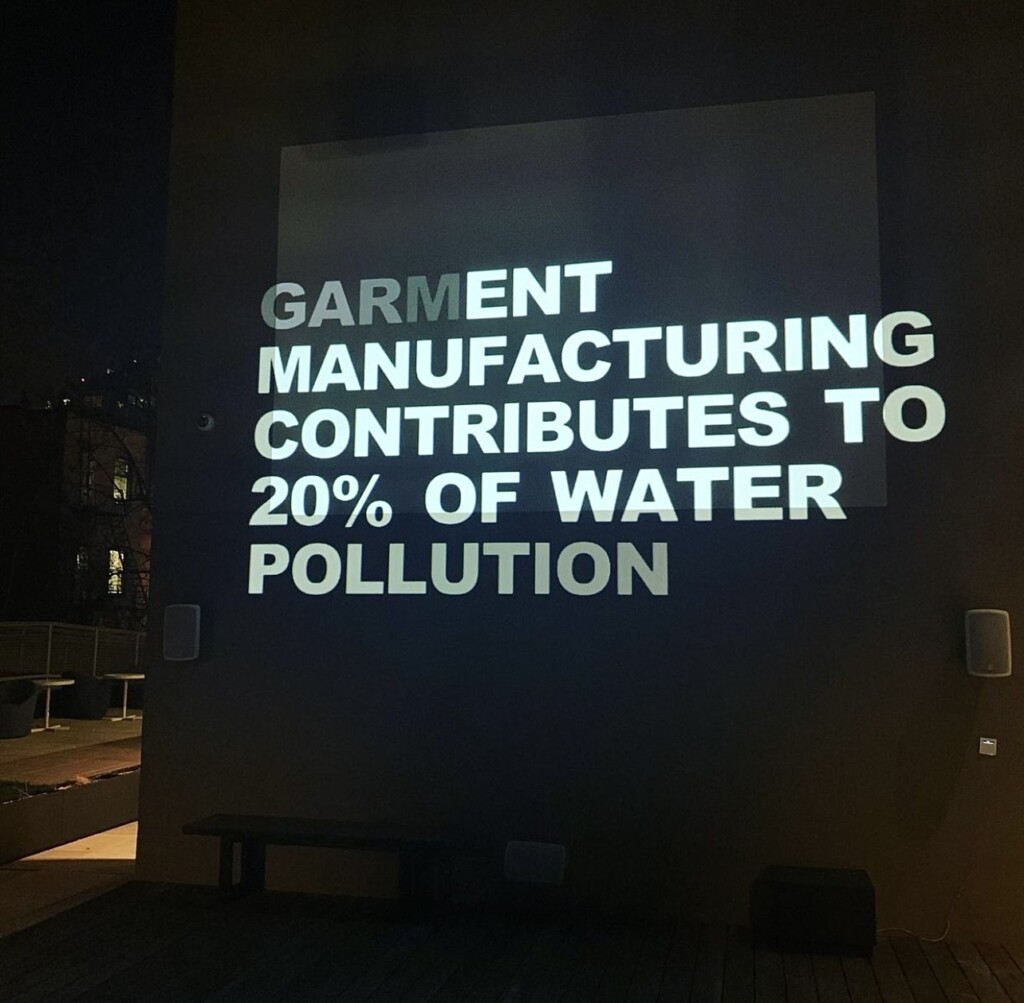
“Now it’s actually the source of someone’s misery. Someone is slaving away over these recreations of my dress and probably being paid very unfairly and probably working in very bad conditions, and I don’t really get a say in that.” – Mirror Palais Founder, Marcelo Gaia
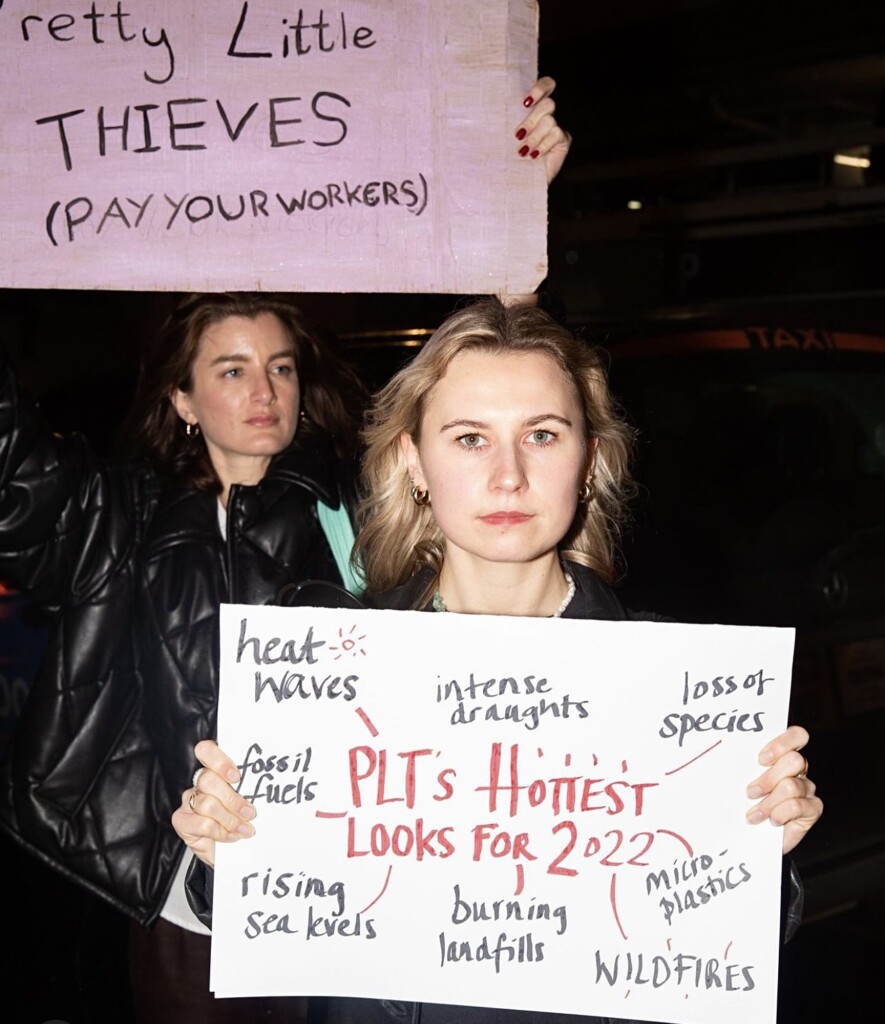
In a society that values something fast and easy, it’s hard to shake. It’s convenient, a way to get a hold of the next trend as quickly as possible, and is just a couple of days away from arriving at your doorstep. More importantly – it’s sometimes the only way for some people to get the clothing they want. More often than its slow fashion counterparts, finding a broader range of sizes and affordable options is more accessible. Slow fashion is seemingly the better alternative, but that comes with a price of sometimes a lack of inclusion. Shopping secondhand proves to have this problem as well. You cannot often find every size option when shopping at a thrift or secondhand store.
The solution isn’t streamlined. Slow fashion and secondhand shopping lack where fast fashion thrives. To eliminate the need for fast fashion, the trend cycle aside, it needs to be inclusive for everyone. Every size, every budget, every location. It’s not a solution if a percentage of consumers are isolated. Ensuring a change in the production process to create products in an ethical environment must be regulated. There are multiple pillars to think about – how is this impacting the environment, workers, and consumers? Finding brands that give a $$$$ about all aspects of the impact of a product is vital. But, it’s up to brands to answer the call and ensure inclusivity and accessibility are at the helm.
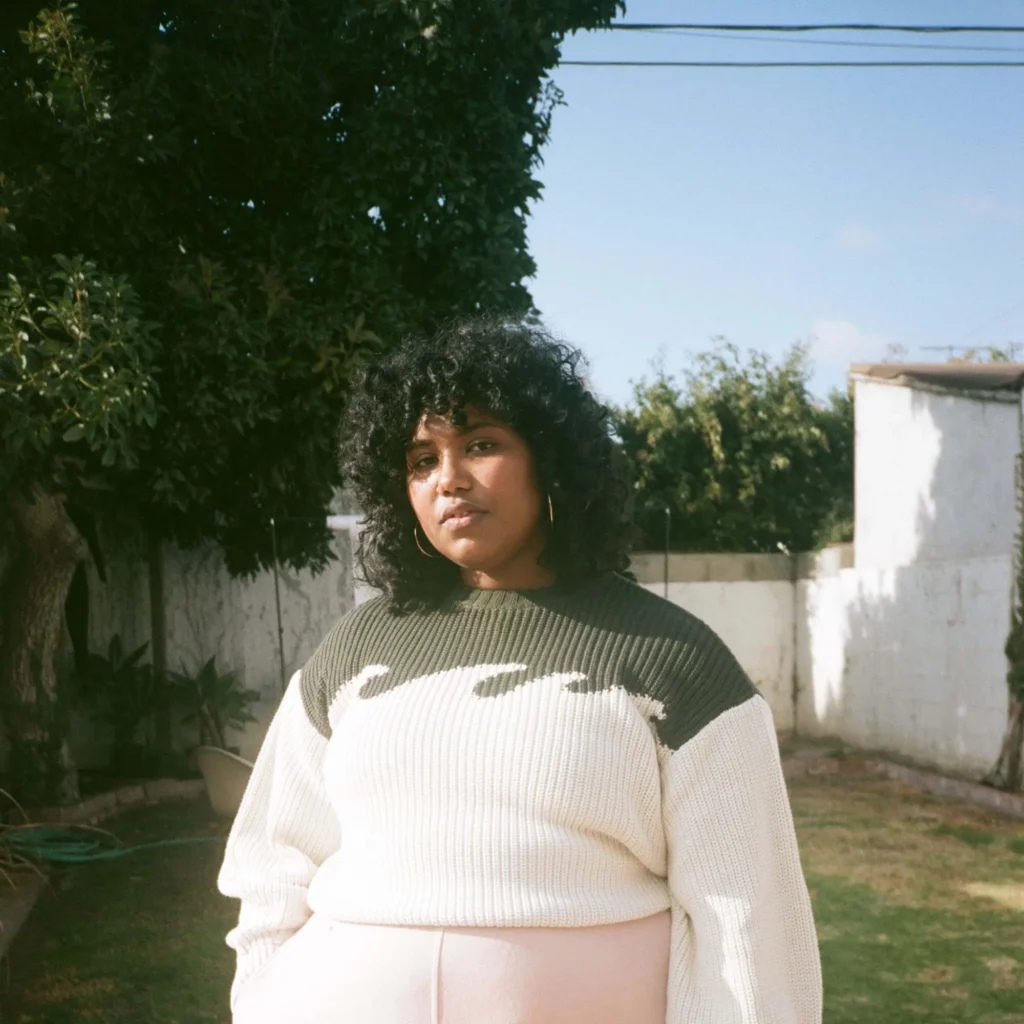
01
Back Beat Co.
Back Beat Co. is a “people, planet and then profit” brand that gives a $$$$ about you and the planet. The brand focuses on ensuring its consumers are doing more than just shopping sustainably and has created a community through its clean-ups and donation drives. Inspired by a laid-back lifestyle, Back Beat Co. is a slow fashion brand for every day, yearlong wear.
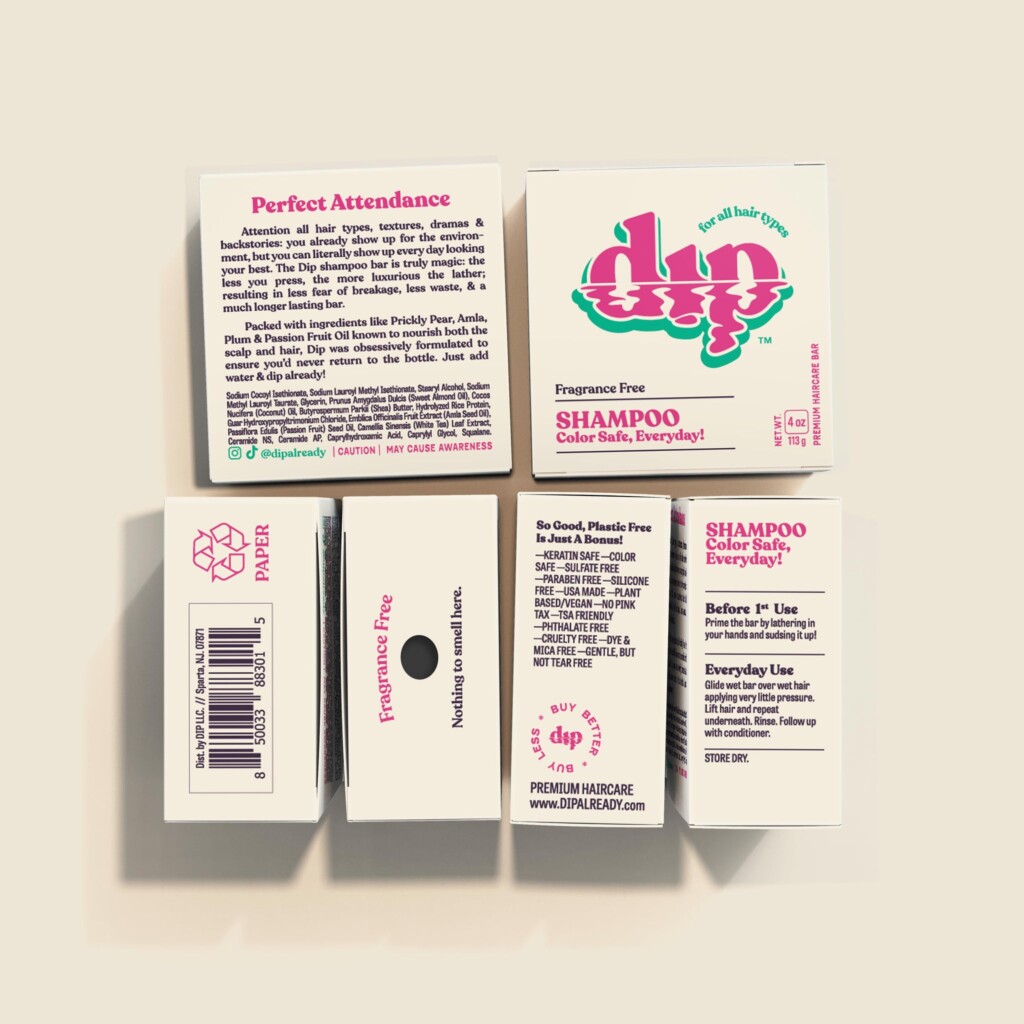
02
Dip
Get ready for a new staple in your bathroom. This zero-waste hair care brand has created bars suited for every hair type and need. Dip is on a mission to convert big brand hair care lovers to a more sustainable option that doesn’t skimp on quality.
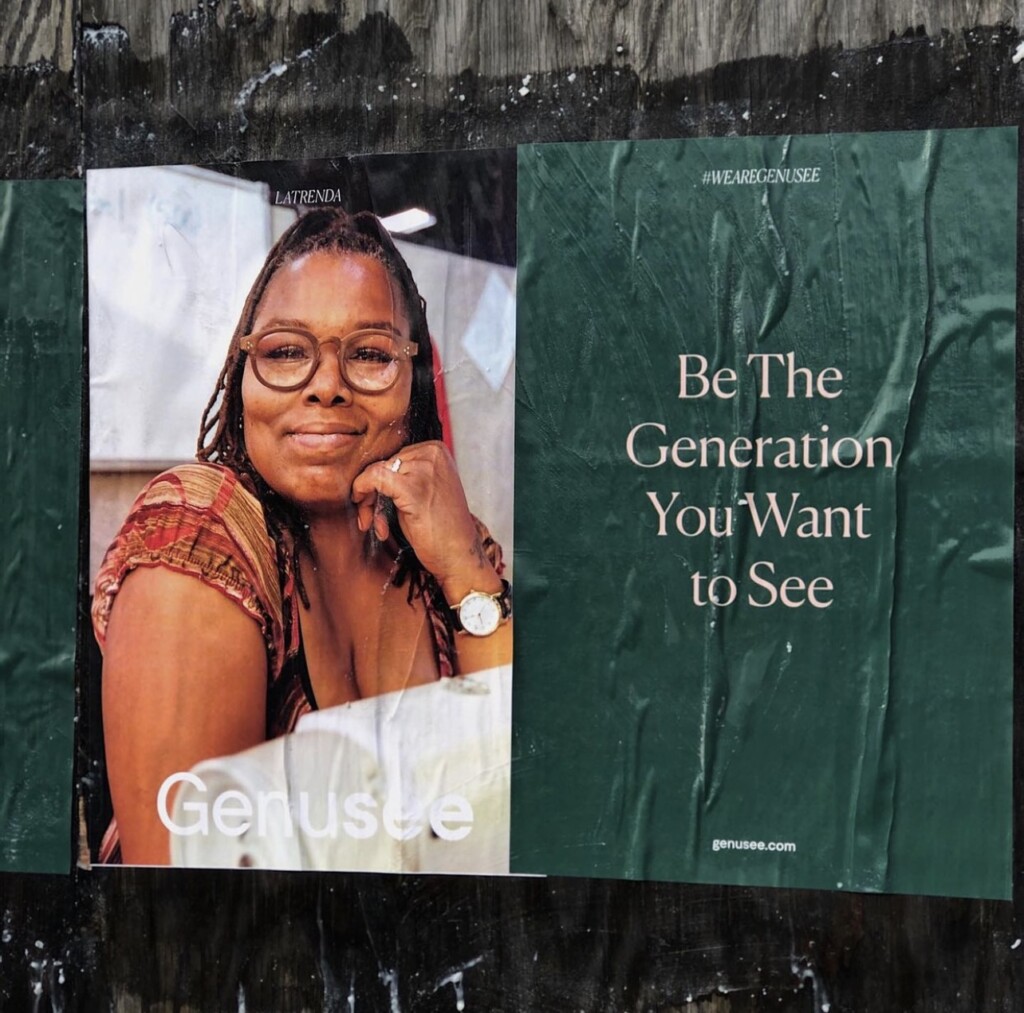
03
Genusee
Genusee’s eyewear line consists of prescription-grade optical sunglasses and blue light glasses, which come in a wide range of colors and styles. You can feel good knowing that with every purchase made, fifteen plastic bottles are upcycled, and 1% is donated to the Community Fund of Greater Flint. The brand is focused on a closed loop cycle and keeping as much of its production and employees within the local area, creating a greater impact than outsourcing.
